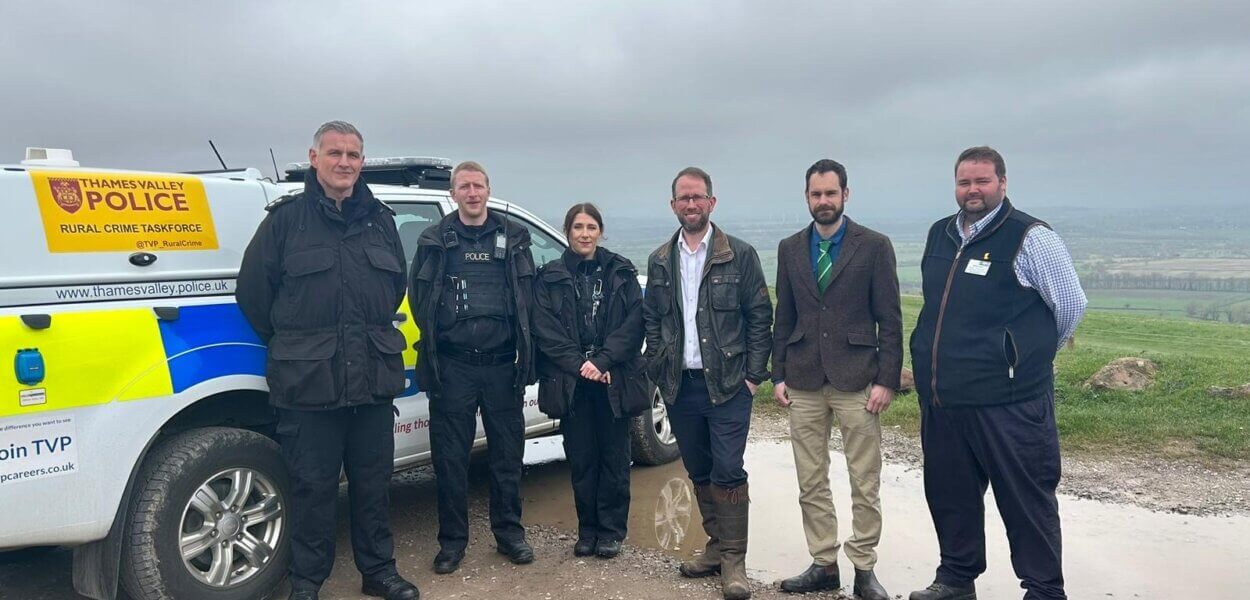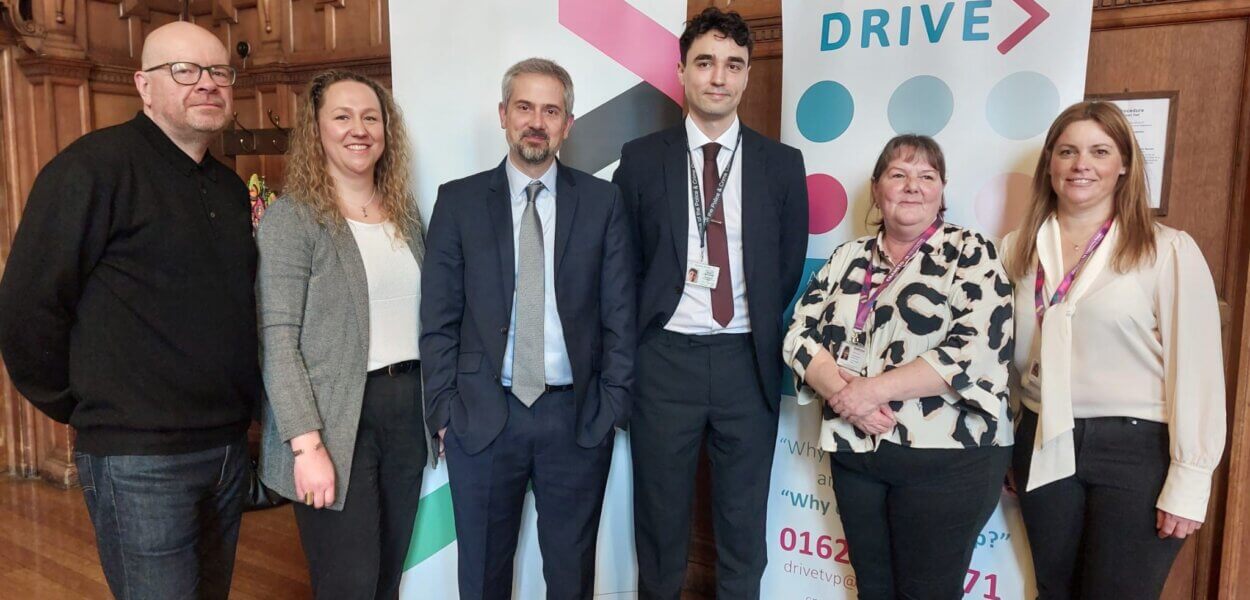Matthew Barber, Police and Crime Commissioner is supporting White Ribbon Day, an annual awareness campaign that seeks to address male violence against women and combat crimes such as domestic abuse, rape and sexual violence, stalking and honour based abuse.
The victims of crimes such as domestic abuse and rape are overwhelmingly female. In the year ending March 2020, 74% of victims of all domestic abuse related recorded crimes were women with women also significantly more likely than men to be victims of rape and sexual assault.
The White Ribbon Campaign aims to create change by preventing violence and works with organisations, communities and directly with men and boys to take action and change behaviour.
Matthew Barber, Police and Crime Commissioner said “I am pleased to be supporting White Ribbon Day. Recent high profile and tragic events have shone a spotlight on the safety of women on our streets, and during the pandemic the prevalence of domestic abuse in our communities.
“Crimes such as domestic abuse, rape and sexual assault are devastating for victims and can cause long term emotional harm. It’s vital we look at ways we can tackle these crimes, by helping to prevent them taking place in the first place as well as effectively targeting the perpetrators. I am pleased to be working with partners in the Thames Valley on initiatives that aim to do this such as Thames Valley Police’s Project Vigilant and the recent Safer Streets funding award supporting activity in Oxford and Slough.
“I am working across the criminal justice system to try to improve outcomes in the courts by bringing more offenders to justice and through my Victims First service ensuring that victims have access to the support they need to help them cope and recover from crime.
“I know it can be difficult for victims of these crimes to reach out for help but this White Ribbon Day I urge anyone needing support to contact Victims First on 0300 1234 148. Victims First supports victims of crime across the Thames Valley and our Victims First Officers can provide emotional and practical support regardless of when the crime took place.”



